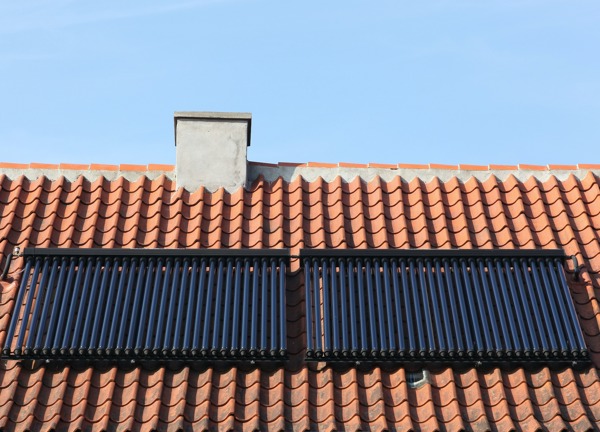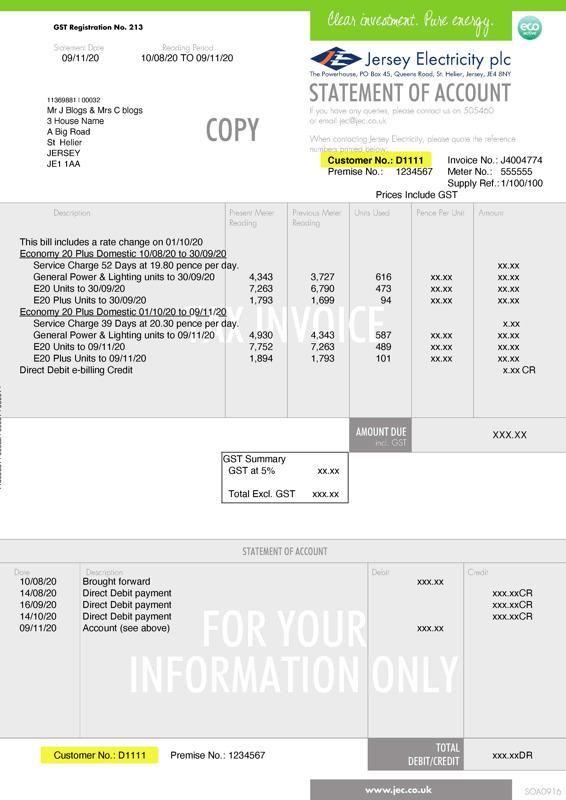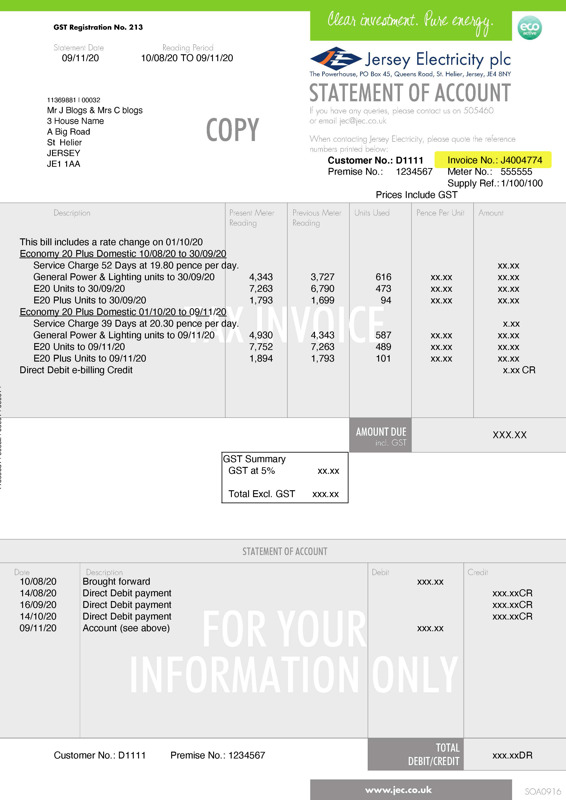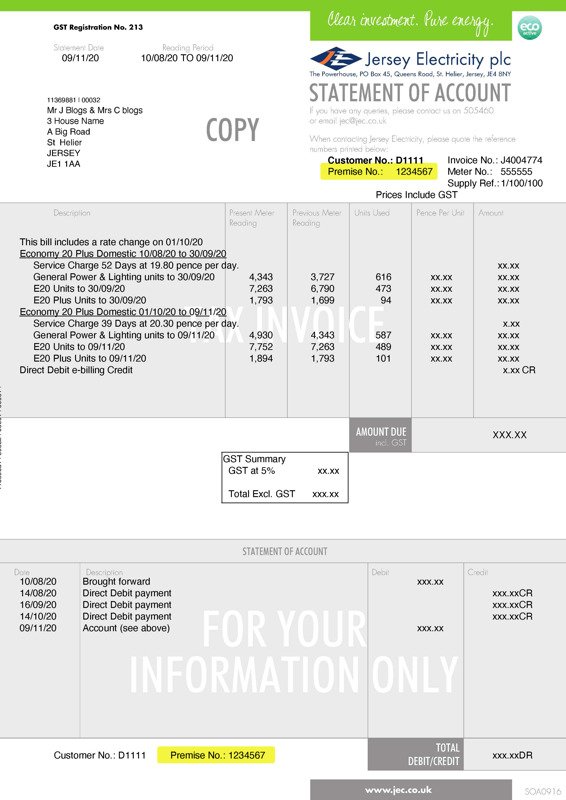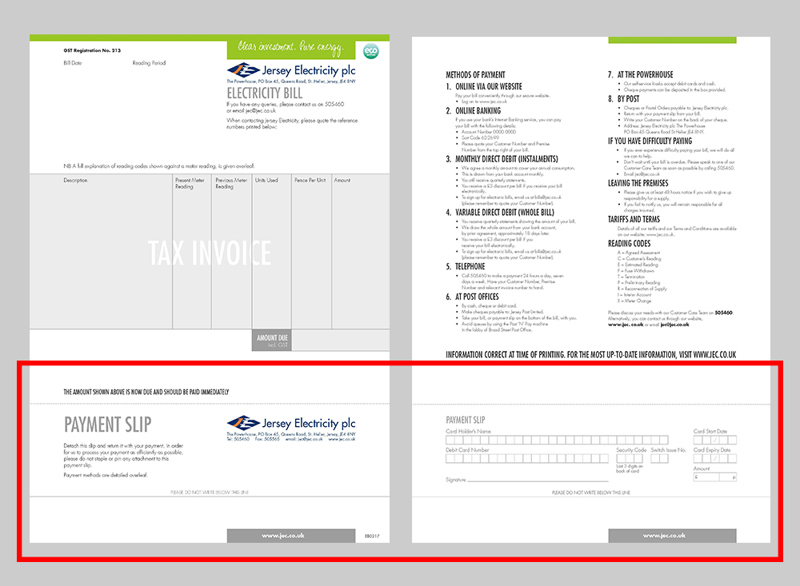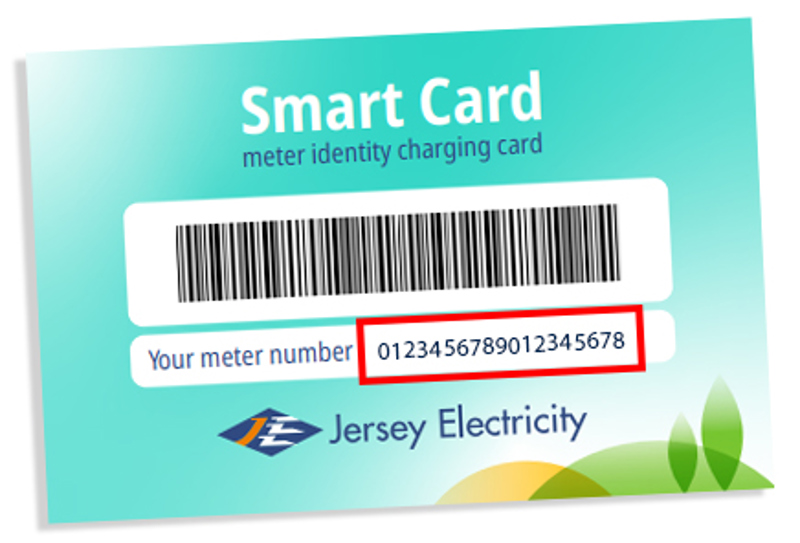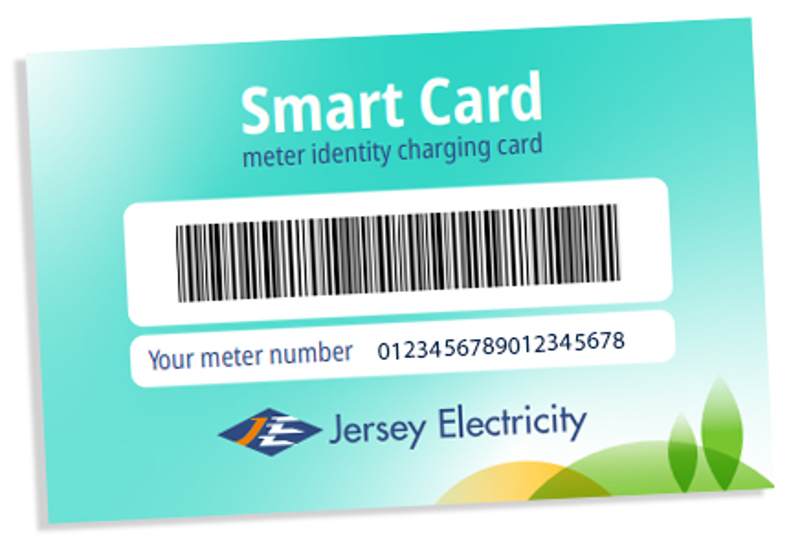Not sure which electric solution best suits your home? Fill in this form and we'll call you back to arrange a home heating survey.
Solar water heating systems explained
Solar water heating systems use solar panels, called collectors, fitted to your roof. These collect heat from the sun and use it to heat up water that is stored in a purpose designed hot water cylinder.
Solar water heating systems, or solar thermal systems, use free heat from the sun to directly heat your home's hot water. The systems are usually made up of:
- An array of roof mounted solar panels, called collectors
- A purpose-designed hot water cylinder
The different panel types
There are two types of solar water heating panels:
- Evacuated tubes are a bank of glass tubes mounted on the roof tiles.
- Flat plate collectors can be fixed on roof tiles or integrated into the roof.
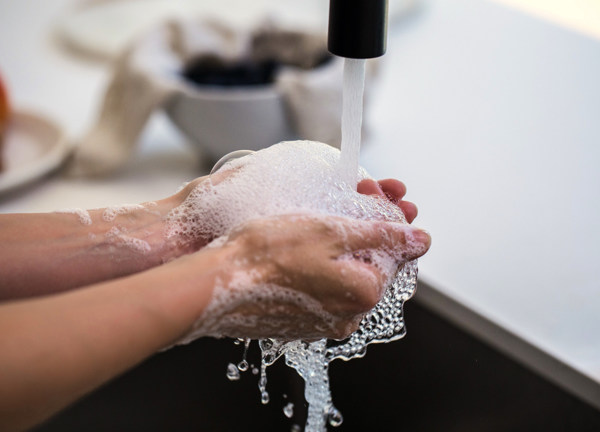
Hot water on demand
Most solar water heating systems can work with your conventional boiler or immersion heater. These provide hot water when solar energy is unavailable.
You can also use larger solar panels to contribute towards heating your home. However, the amount of heat they provide is generally small and not typically considered worthwhile.
What's the difference between solar water heating systems and solar PV?
Solar water heating systems are used exclusively to heat water. Solar PV systems generate electricity which can be used for a range of applications from lighting to electric heating or hot water heating.

Solar water heating systems won't materially reduce your carbon footprint
Installing a solar water heating system in Jersey won't materially reduce your carbon footprint, when replacing electricity, because the imported electricity we supply is already low carbon.
You will be able to make savings on your electricity bill, but it will take a number of years before the savings pay for the installation.
Book a free heating survey

Solar 5000
Solar makes perfect sense for Jersey. It is the ideal partner alongside the low carbon electricity we import from France.
Solar 5000 is our ambition to power 5000 homes through locally-generated solar energy by 2030.
